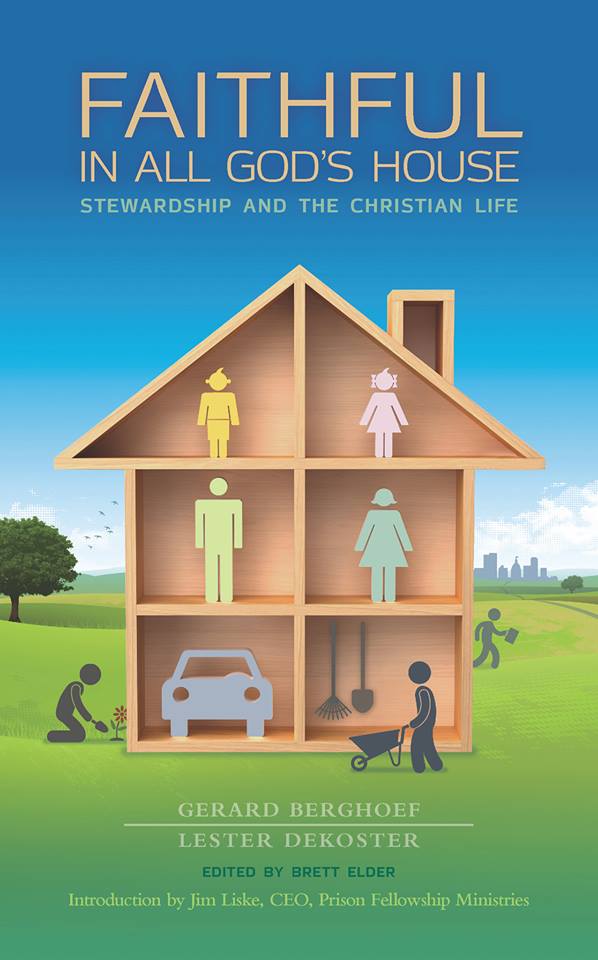 From Gerard Berghoef and Lester DeKoster’s Faithful in All God’s House: Stewardship and the Christian Life:
From Gerard Berghoef and Lester DeKoster’s Faithful in All God’s House: Stewardship and the Christian Life:
The Lord God is a free enterpriser. This is one reason why Karl Marx, who was not a free enterpriser, rejected God.
God is a free enterpriser because he expects a return on his investments. Jesus’ parables of the talents (Matt. 25:14–30) and of the ten minas (Luke 19:11–27) clearly teach us that God expects interest on the talents he invests in each of us. This is implied in the Lord’s command: “Be perfect, therefore, as your heavenly Father is perfect” (Matt. 5:48).
In short, all of God’s gifts to mankind are as a divine investment on which the investor expects full return. We know from the whole tenor of the Scriptures what the nature of that return should be: so putting our talents at God’s disposal that others derive benefit from the gifts given to us. This is summarized in the Golden Rule: “Do to others as you would have them do to you” (Luke 6:31).
Yet, as we all know, sin presents quite the obstacle:
This ideal order of return on divine investment is shattered by sin. Paul vividly describes it: “They exchanged the truth of God for a lie, and worshiped and served created things rather than the Creator—who is forever praised” (Rom. 1:25)… The divine investor is willfully defrauded of his return. At the heart of this theft is false worship. Men bow before their own lusts instead of before their Creator, because they are in bondage to the Devil, author of the lie.
Fortunately, hope persists. We are not left in bondage to sin and Satan, and thus, as Berghoef and DeKoster duly note, “believers are not left in the dark as to how the Lord wants interest upon his investment of talents and gifts.”
What, then, is this “by faith” that frees us from Egyptian bondage? It is the gift of God that sets us once more in the position of returning God some interest on his investment in us. Our gifts and talents are liberated from bondage to self-lust and freed for service to others in the name of God. To all those liberated by faith are the parables of the talents and of the ten minas addressed…
…The motif of investment-return appears in the Great Commission of the New Testament. The apostles are mandated by the Christ to build his church. First, they are to preach the good news (gospel) of liberation. Those who believe the good news are joined to the church through baptism. And the church is then obliged to teach them all that the Lord commands, which is how to produce a return upon God’s investment in them (Matt. 28:19–20)…
…Like any prudent investor, God does not leave his return to chance. He pursues it, and his agent in this pursuit is his church, where good stewardship is taught and practiced.
Purchase Faithful in All God’s House: Stewardship and the Christian Life.

